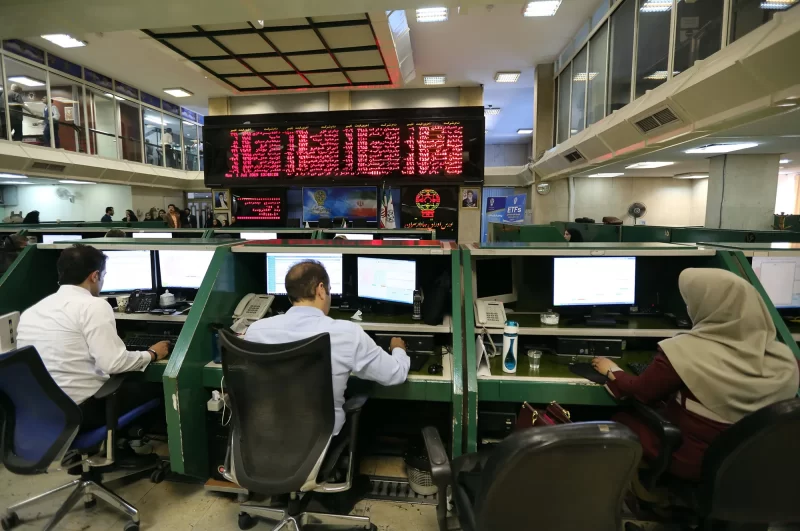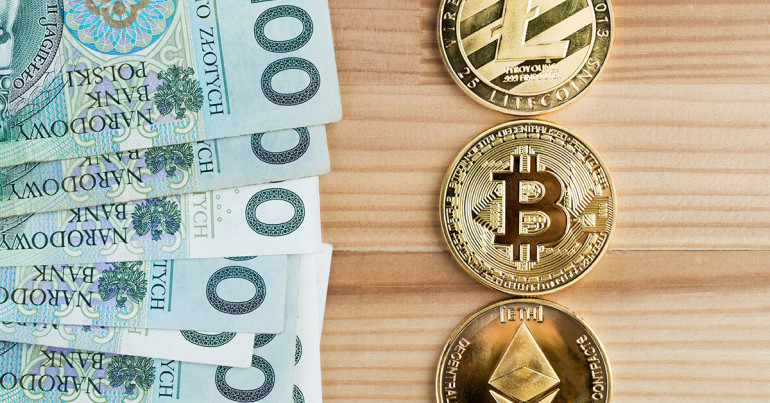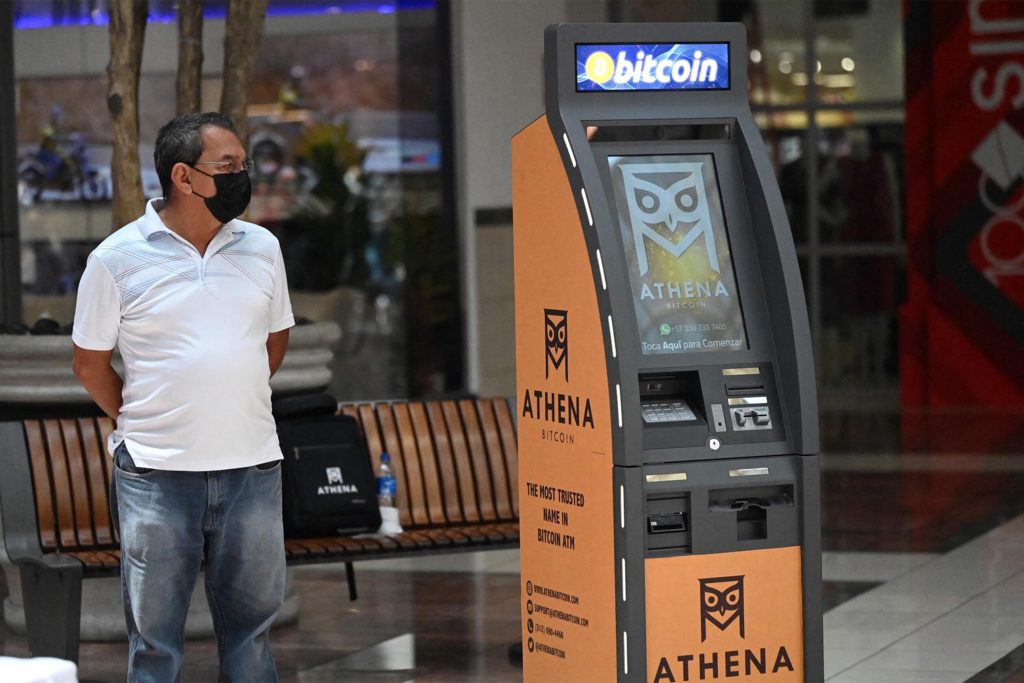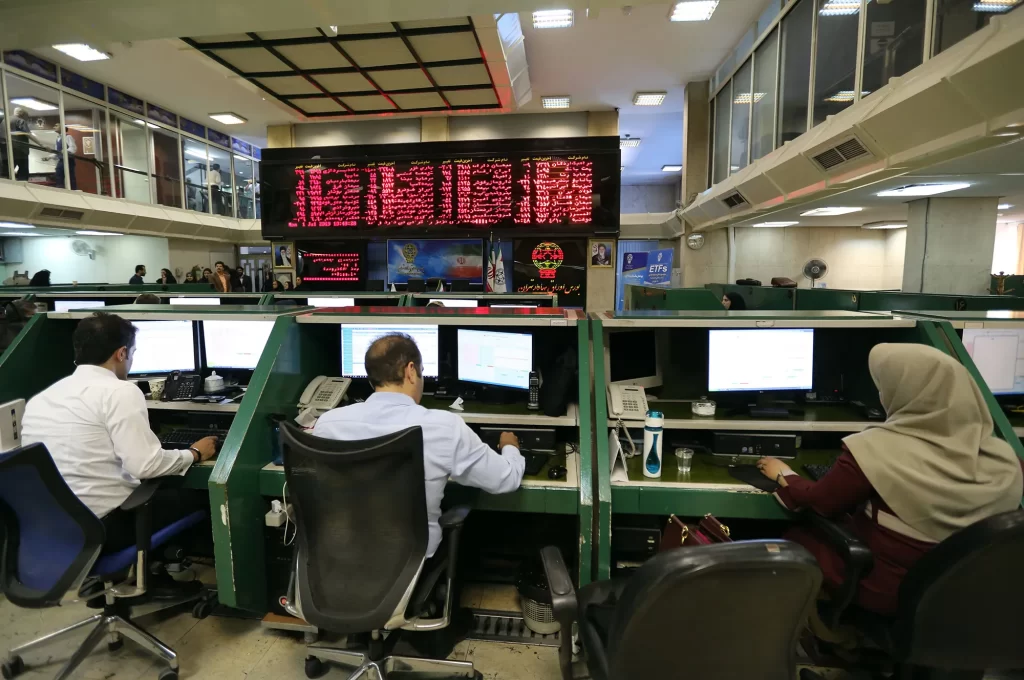Also Read: What Is A Jigsaw Trader?
Contents
- What Does the Term “Block Trade” Mean?
- Examples of Block Trades
- Major Types of Block Trades
- Block Trades and Futures Trading?
- Conclusion
- FAQs
What Does the Term “Block Trade” Mean?
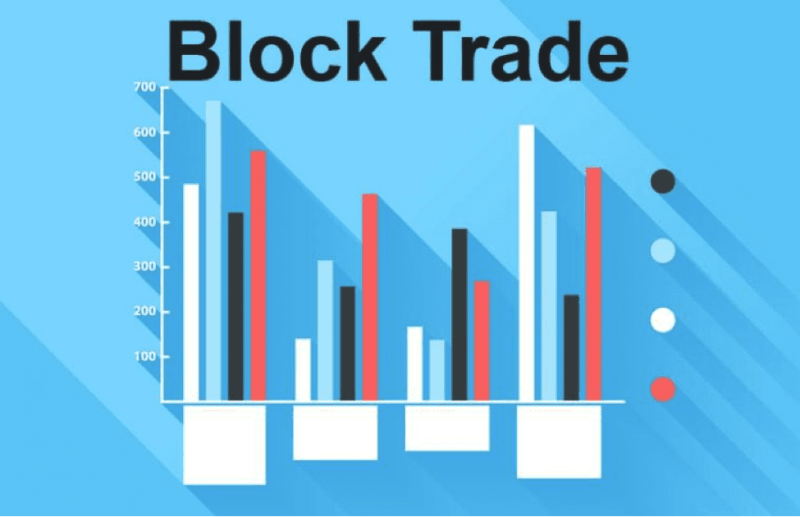
The structure of a huge trade transaction is referred to as a “block trade.' Block trades are often privately negotiated and executed with the use of a blockhouse, which is really a financial institution like an investment bank that helps investors, hedge funds, and other market participants manage risk.
Block trading may be thought of as a means for dealers to sell and purchase a large number of securities in the stock market without affecting market prices.
As a result, specifically trained workers in blockhouses may assist in the management of huge trade requests for a particular security and retain the security price.
Investors can use this method to block trade stocks and sell existing shares at a predetermined period, identical to forward trading.
As a result, there will be a reduced risk of price fluctuations when employing this strategy.
A block trade must contain a minimum of 10,000 shares in the stock market or $200,000 in bonds in the Treasury market, in accordance with the New York Stock Exchange , but this amount is usually much greater. These aren't penny stocks, but instead well-established or blue-chip corporations.
Blocks are classified as OTC (Over The Counter) items since they are traded by investors beyond a centralized exchange or the open market.
As the open market fluctuates in price volume and value, this serves to stabilize the price of the securities.
Examples of Block Trades
A money manager is looking to offload 200,000 units of shares of a small market cap firm for $15 per share. Because this is a multimillion-dollar deal with a firm that may be valued at just a few million dollars, a single market request would likely drive the value down dramatically.
Furthermore, due to the scale of the transaction, it would be performed at progressively lower prices when demand for the $15 asking price was exhausted.
As a result of the hedge firm's transaction leakage, other market players may jump in, selling the shares off the price movement with sell orders and driving the price further lower.
To prevent that, the hedge fund might seek assistance from a blockhouse. The enormous deal would be broken up into smaller portions by block house personnel.
To further obscure their sources, they can break the block transaction into 100 offerings of 2,000 units each, placed by a separate broker.
A broker might also identify a buyer prepared to acquire all 200,000 units at an agreed-upon price outside of the stock exchange. This is usually a different investor.
Major Types of Block Trades
Buy-Side Block Trade
Companies with investment money to trade for their clients make up the “buy-side” in the financial markets.
The “buy-side” includes trust funds, retirement funds, hedge fund, investment banks, and insurance firms.
The buy-side buys and sells huge blocks of securities on a regular basis, frequently using unconventional trading platforms.
Sell-Side Block Trade
Companies that develop and distribute assets to the purchase side make up the sell side of the financial markets.
On the sell side, there are investment banks as well as businesses that advise. Block trades on the sell-side are known as “bought deals” or “rapid book building.”
The financial institution may acquire the whole block from the vendor and transfer it to buy-side customers.
Bought transactions are frequently utilized to sell related shareholders' holdings or to launch a new financial securities offering under a company's security exchange commission shelf filings.
Block Trades and Futures Trading?
Futures trading is a contract or agreement between two independent parties that allows them to buy and sell a financial asset at a particular price at a specified future date.
This is comparable to block trades, but it is on a greater level. Futures trading, together with forwarding and options, is a type of financial derivative instrument.
These options, on the other hand, typically handle smaller orders of securities and span markets other than stocks, such as currency, metals, and indexes.
A block deal in options and futures produces a contract that is easily recognizable from others in the same group.

Also Read: What are Cotton Futures
Block trade and cross trade
Whenever a brokerage balance sells and buys bids from two different parties for the very same items without reporting the transaction on an exchange, this is known as a “cross-trade.”
The investor may not get the best out of the deal if the brokerage merely pairs the two orders before correctly recording the trade.
Despite the fact that a cross trade performs similarly to block trade, it is a dubious approach that certain brokerages regard as a kind of manipulation of the price. As a result, numerous online brokerage companies do not allow it to be used.
This is also why, for block trades, investors frequently contact a blockhouse to guarantee that they will be using the very best prices available in the market.
In exchanging assets within customer accounts, a cross trade may be permissible in specific situations, so far the exchange is demonstrated to be beneficial to both parties and done at a fair rate.

Conclusion
Corporate investors, like hedge funds, retirement funds, insurance companies, investment firms, and regulated brokers, are often the only ones that engage in block trading. Block trading allows entities to trade large volumes without compromising market prices.
FAQs
Why do people do block trades?
Block trading may be extremely beneficial to experts when determining the worth of a company. In a business combination, it's critical for a shareholder to figure out what value they wish to pay.
Are block trades legal?
The block trade is illegal in the United States. The markets, in general, do have their own set of standards for what constitutes a barrier. In reality, most individuals rely on Rule 112 of the New York Stock Exchange.
How do I find block trades?
To verify the technical indicators, just go to the Signals Instrument and choose Block Trade Signals. The date, symbol, and summary of block trades may all be found on this webpage. Signals are frequently seen on demand, above suggestions, above bidding, or during bid time.
What are “block trades” in futures?
Block trading is a contractual arrangement featuring a Minimal Volumes agreement or futures that are performed outside the electronic exchange or open market and is not actively bargained.




